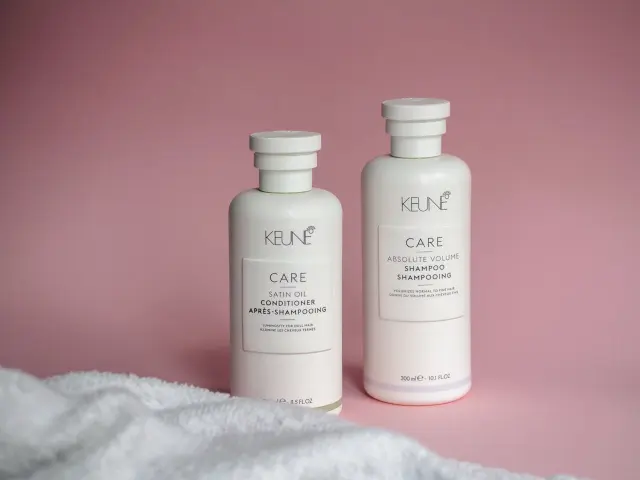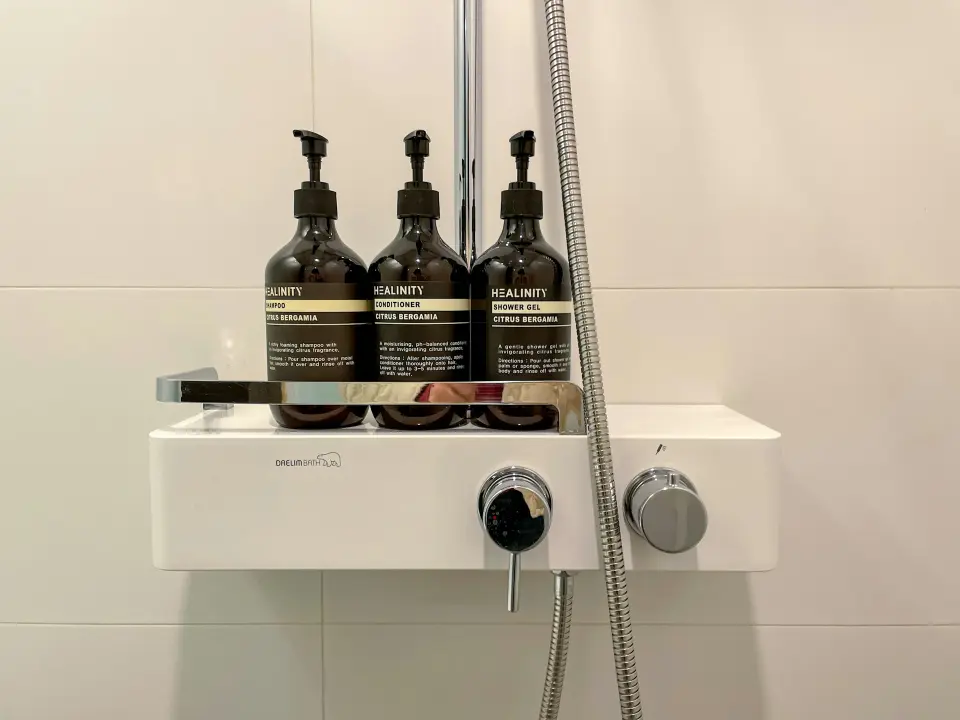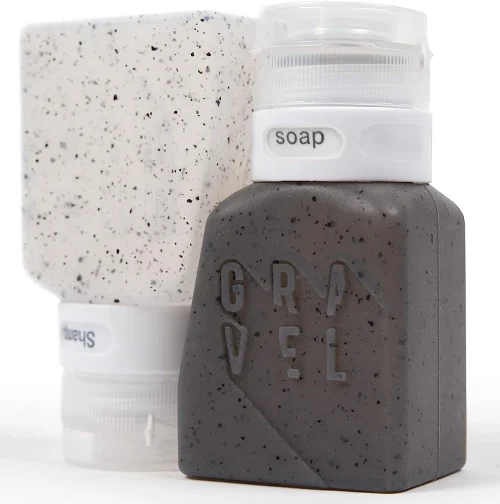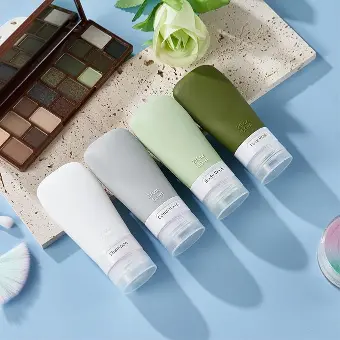Picture this: You’ve just checked into a New York hotel in 2025, ready to freshen up after a long trip. You step into the bathroom, but something’s different. The familiar lineup of miniature shampoo, conditioner, and body wash bottles is nowhere to be found. Instead, you see sleek, refillable dispensers mounted on the wall.
Welcome to the future of sustainable travel in the Empire State.
In a groundbreaking move to combat plastic pollution, New York State is set to implement a ban on single-use plastic toiletry bottles in hotels starting January 1, 2025. This bold initiative not only marks a significant shift in the hospitality industry but also sets a new standard for environmental responsibility in travel. As we unpack the details of this law and its far-reaching implications, one thing becomes clear: the tiny bottles we’ve long associated with hotel stays are about to become a relic of the past.

The Ban: What You Need to Know
Starting January 1, 2025, hotels across New York State with 50 or more rooms will be prohibited from providing guests with those familiar, tiny plastic bottles of shampoo, conditioner, and body wash. Smaller hotels with fewer rooms have until 2026 to comply. This initiative is part of a broader push to reduce single-use plastics, which have become a significant environmental concern.
Why the Ban?
The numbers are staggering. According to a report by Sustainable Hotel, the hotel industry generates an estimated 150 million tons of plastic waste each year from single-use items like toiletry bottles. These small bottles, often used only once before being discarded, contribute significantly to the plastic pollution problem, which affects our oceans and ecosystems.
New York’s decision to ban these items is a crucial step toward reducing this waste and promoting more sustainable practices in the hospitality industry. This movement aligns with global efforts, such as those in California and the European Union, where similar bans have been implemented or are being planned.
Global Context
New York isn’t alone in this endeavor. California led the charge in the United States, implementing a similar ban in 2020. Internationally, the European Union has announced plans to ban various single-use plastic items, including hotel toiletries, by 2030. Countries like Thailand and Bali are also making strides in reducing plastic waste in tourism.
Impact on Travelers: Adapting to a New Normal
This ban will require travelers to adjust their packing habits, as hotels will replace single-use toiletry bottles with refillable dispensers. While this may be a minor inconvenience for some, it offers a significant environmental benefit. Many travelers are already embracing the change by carrying reusable bottles filled with their preferred products, finding it both convenient and environmentally responsible.
Travelers’ Tip: Consider investing in reusable travel bottles or trying solid toiletries like shampoo bars, which eliminate the need for plastic packaging entirely.

The Hotel Industry’s Response: Challenges and Opportunities
The ban presents both challenges and opportunities for the hotel industry. While there are initial costs associated with installing bulk dispensers, the long-term savings and positive guest feedback are proving to be beneficial.
Many large hotel chains have already begun transitioning away from single-use toiletries, even before the ban. Marriott International, one of the world’s largest hotel chains, has been a leader in this movement. The late Marriott President and CEO Arne Sorenson commented on their shift to larger, pump-topped bottles in a LinkedIn post: “The feedback from guests has been overwhelmingly positive.” He added that “A typical large amenity bottle is the equivalent of about 10 to 12 single-use bottles,” highlighting the significant reduction in plastic waste this change can achieve.
Smaller hotels may face financial hurdles during the transition, but there is growing support from industry associations and government initiatives to assist them. For many hotels, this shift also represents an opportunity to align with the increasing demand for sustainable travel options, which can enhance their reputation and attract environmentally conscious guests.

Economic Implications: Beyond the Bathroom
The ban on single-use plastic toiletry bottles in New York State is set to impact various economic sectors.
Manufacturing Shifts: Companies producing travel-sized toiletries will need to adapt by either developing bulk products for hotels or exploring sustainable packaging options. This shift may lead to innovation in eco-friendly materials and create new business opportunities for startups focused on sustainable alternatives.
Hospitality Costs and Benefits: While the initial investment in refillable dispensers may challenge smaller hotels, long-term savings are expected from reduced restocking needs and bulk purchasing. Additionally, hotels that quickly embrace sustainable practices could gain a competitive edge by attracting eco-conscious travelers, enhancing their brand reputation and customer loyalty.
Supply Chain Adjustments: The transition away from single-use plastics may shift demand within supply chains, potentially decreasing the need for raw plastic materials while boosting demand for sustainable alternatives. This shift could also encourage global adoption of similar regulations, further driving economic growth in green industries.
While the ban poses challenges, it also opens up significant opportunities for innovation, cost savings, and alignment with growing consumer preferences for sustainability.
The Bigger Picture: A Step Towards Sustainable Tourism
New York’s ban on travel-size toiletries is part of a broader movement towards sustainable tourism. As travelers become more eco-conscious, the industry is responding with initiatives that go beyond eliminating plastic bottles. From energy-efficient buildings to locally sourced food, hotels are increasingly recognizing that sustainability can be a powerful selling point.

The Political Perspective: A Necessary Step
While some may view this ban as disruptive to the hospitality industry and traveler convenience, many lawmakers see it as a crucial step towards environmental protection. As former NY state Senator Todd Kaminski said in 2019, when the ban was first proposed:
“The other way to look at it is that we have been polluting the waters and streams for decades and it’s not getting better; we’re using more and more single-use [plastics] every year. It will be a little disruptive, but we owe it to the planet to do this.”
This perspective underscores the urgency of addressing plastic pollution and the willingness of policymakers to take bold steps, even if they require some adjustment from businesses and consumers.
Conclusion: A Small Change with Big Impact
As New York State prepares to bid farewell to tiny toiletry bottles, this seemingly small change in hotel amenities represents a significant step towards more sustainable travel practices. While the adjustment may require some effort from both travelers and the hospitality industry, the potential benefits for our planet are immense.
The next time you check into a New York hotel and reach for that shampoo dispenser, remember: you’re not just freshening up; you’re participating in a movement that’s reshaping the future of travel, one small step at a time.
Further Reading:
- The New York Post – “New York to roll out small shampoo bottle ban at hotels“
- The New York Times – “With Tiny Shampoo Bottles Soon to Be Banned, N.Y. Hotels Weigh Options“
- Travel Pulse – “New York Bans Single-Use Plastic Personal Care Products in Hotels“
- Times Union – “Single-use toiletry bottles to be phased out in New York hotels in 2025“
You Might Also Like:
11 Best Travel Size Containers for Liquids and Toiletries
How to Pack Liquids For a Flight With These 11 Strategies
10 Best Sustainable Packing Cubes That Will Change Your Life
The Ultimate Guide to Selecting and Packing Your Underseat Carry-On Bag








